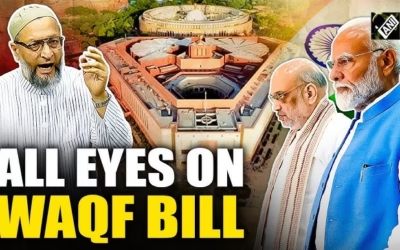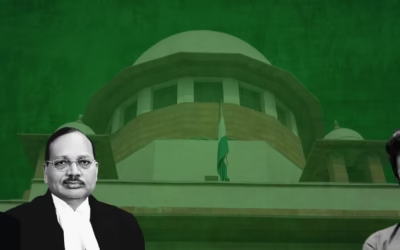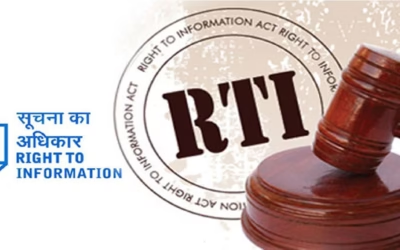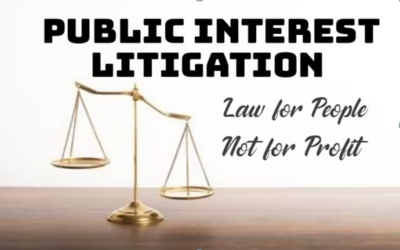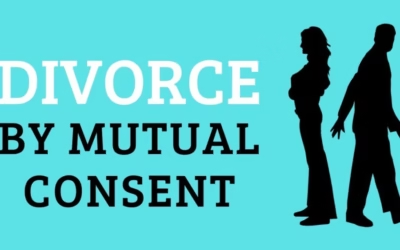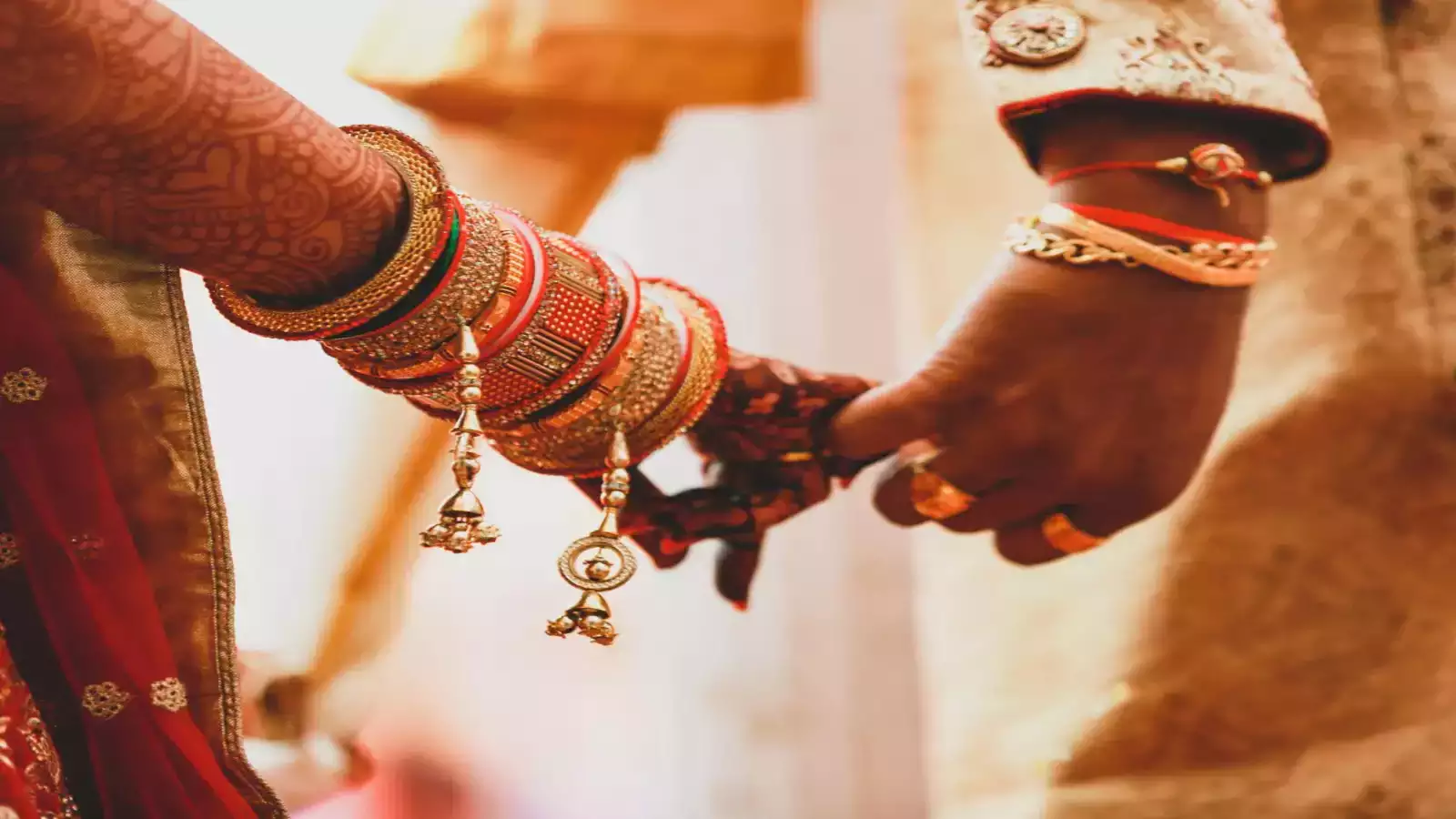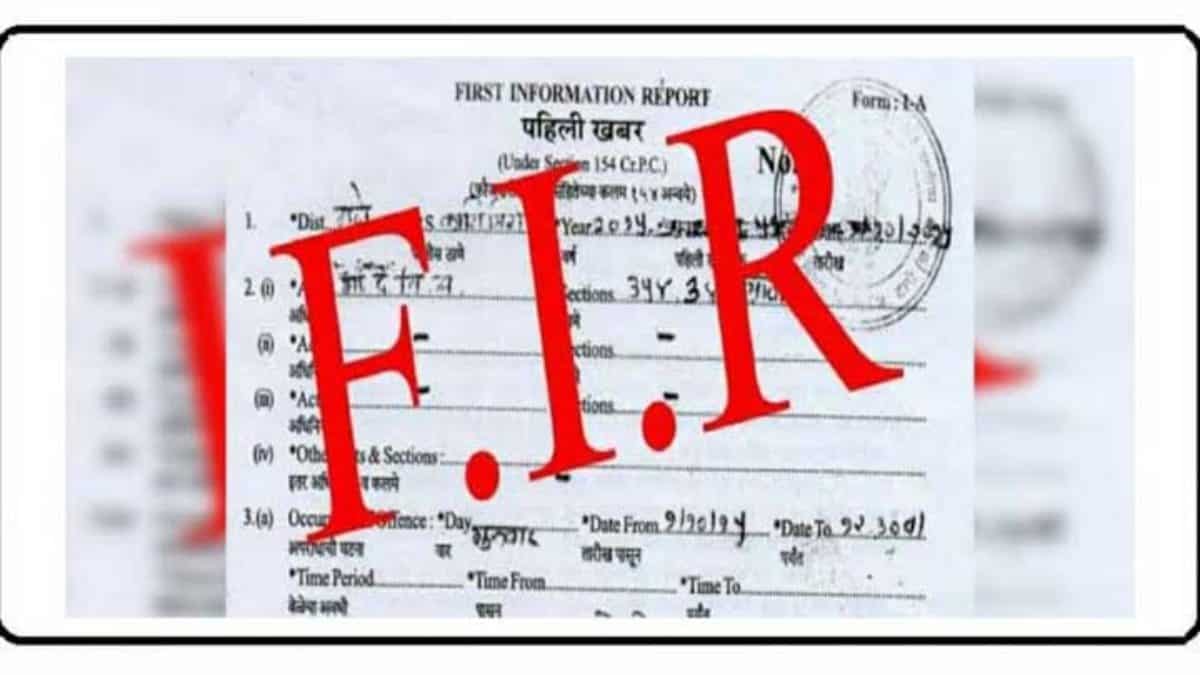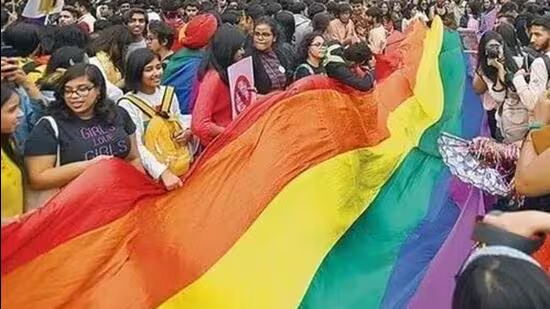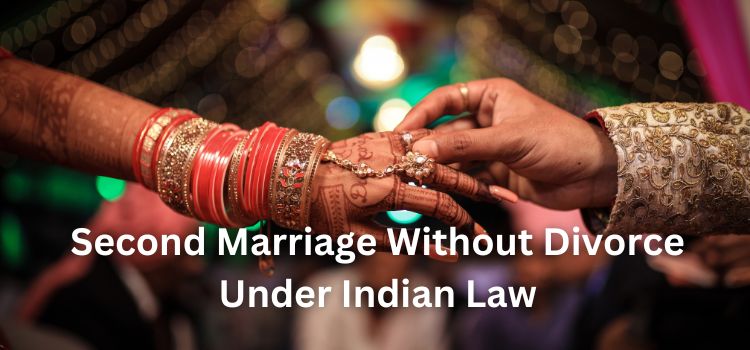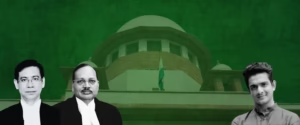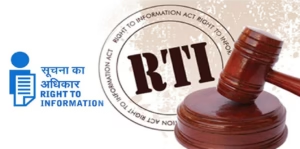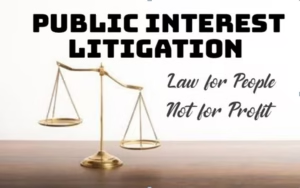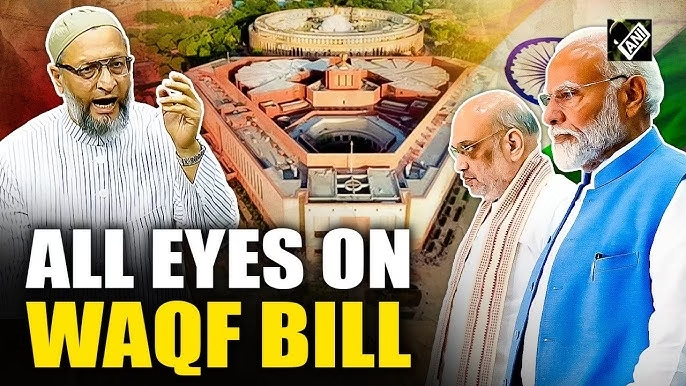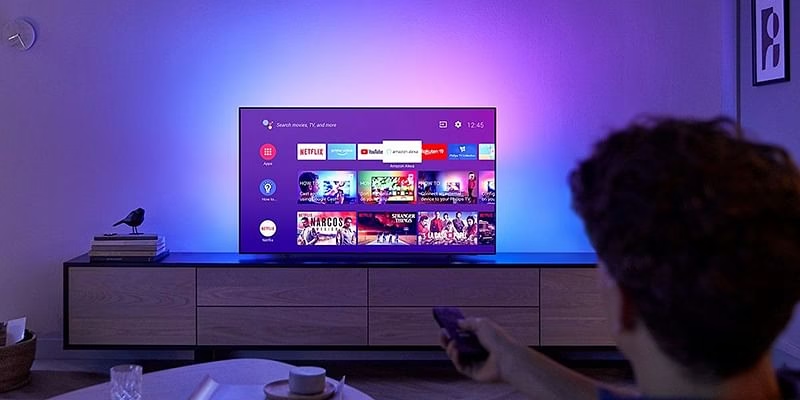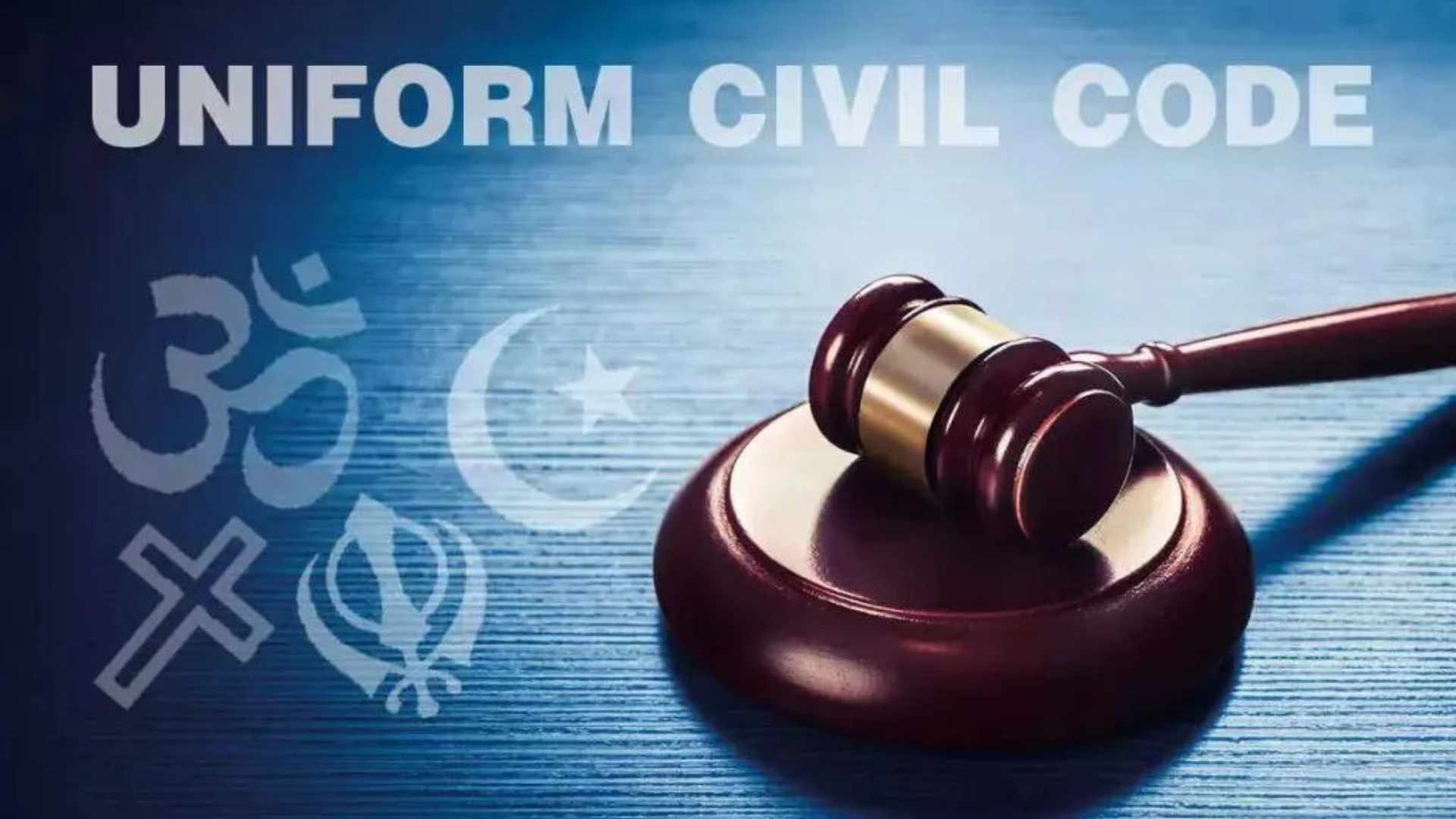
Ranveer Allahbadia Obscene Remarks Case: Supreme Court Issues Notice to Assam & Maharashtra Governments on Ashish Chanchlani’s Plea
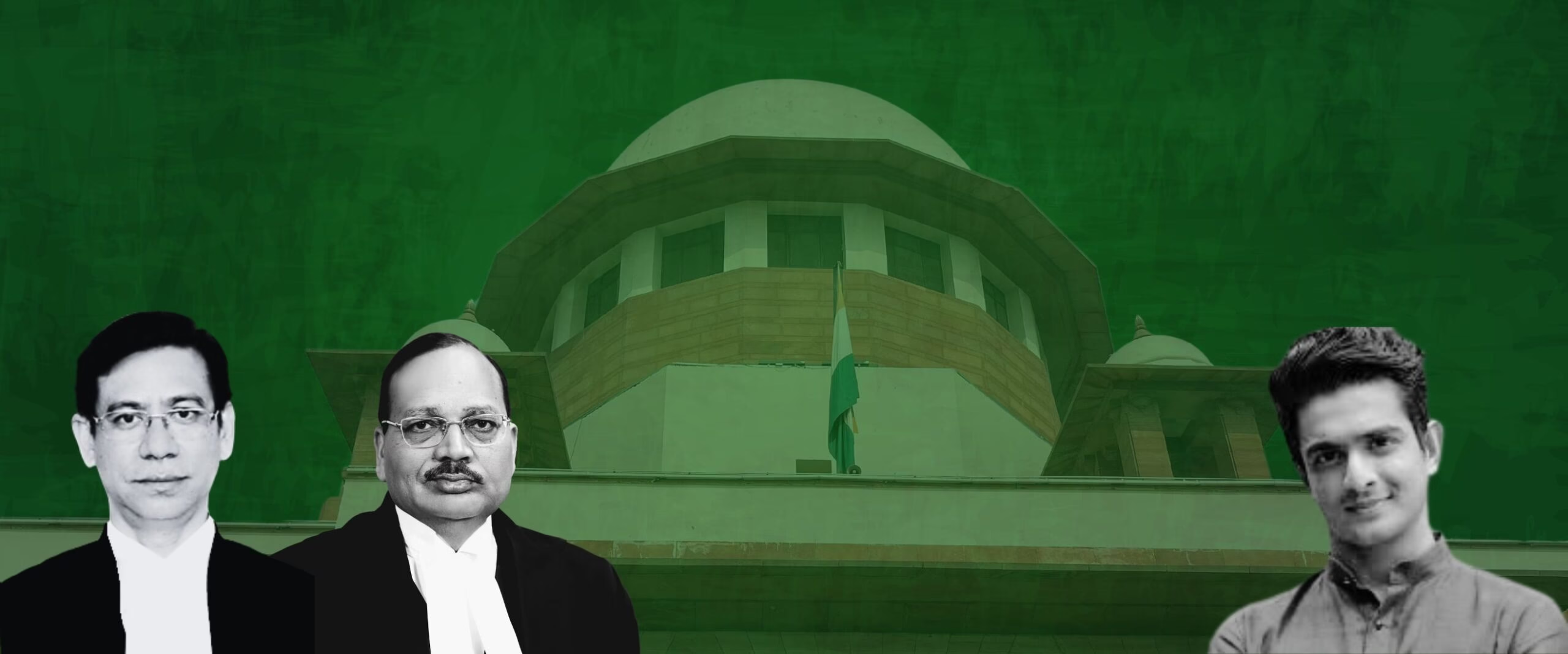
The Supreme Court of India has issued a notice to the governments of Assam and Maharashtra in connection with a plea filed by YouTuber Ashish Chanchlani regarding alleged obscene remarks made by fellow influencer Ranveer Allahbadia. The case has sparked debates on the boundaries of free speech, defamation laws, and the increasing scrutiny of digital content creators in India.
This article provides a comprehensive analysis of the legal proceedings, the arguments from both sides, and the broader implications for content creators and online expression in India.
Background of the Case
Ranveer Allahbadia, popularly known as BeerBiceps, is a well-known YouTuber and influencer. He has been accused of making allegedly obscene and derogatory remarks, prompting legal actions in multiple states. Ashish Chanchlani, another prominent digital content creator, has filed a plea challenging these cases, citing concerns over jurisdiction and freedom of speech.
The Supreme Court’s involvement marks a significant turn in the case, as it now seeks responses from the state governments on the matter. This legal battle could set a precedent for future cases involving online content regulation in India.
Supreme Court’s Notice to Assam & Maharashtra Governments
On reviewing Ashish Chanchlani’s plea, the Supreme Court issued notices to the Assam and Maharashtra governments, seeking their response on the legal proceedings initiated against Ranveer Allahbadia. The key aspects of the Supreme Court’s intervention include:
- Jurisdictional Concerns: The plea argues that cases against Allahbadia have been filed in multiple states, leading to a fragmented legal battle.
- Freedom of Speech: The case raises questions about the extent to which influencers can exercise their right to free expression without facing legal repercussions.
- Defamation and Obscenity Laws: The legal interpretation of Allahbadia’s remarks under Indian Penal Code (IPC) sections related to defamation and obscenity.
- Digital Content Accountability: The broader debate on how digital content creators should be regulated in India.
Legal Provisions Involved
1. Indian Penal Code (IPC) Sections
- Section 294: Punishment for obscene acts and songs.
- Section 500: Punishment for defamation.
- Section 505: Statements that may cause public mischief.
- Section 67 of the IT Act, 2000: Punishment for publishing or transmitting obscene material in electronic form.
2. Freedom of Speech under Article 19(1)(a)
- The case brings into focus Article 19(1)(a) of the Indian Constitution, which guarantees freedom of speech and expression but also permits reasonable restrictions under Article 19(2).
3. Defamation Laws in India
- The legal battle also delves into the interpretation of defamation laws and their applicability to social media influencers.
Arguments Presented by Ashish Chanchlani
In his plea, Ashish Chanchlani has put forth several arguments in support of Ranveer Allahbadia:
- Multiplicity of Cases: The filing of cases in different states leads to legal harassment and inconvenience for the accused.
- Lack of Clear Legal Framework: The existing laws on obscenity and defamation need clearer definitions in the context of digital content.
- Chilling Effect on Free Speech: If content creators are subjected to multiple legal actions for their opinions or expressions, it could discourage creativity and freedom of speech.
- Selective Targeting: The case could set a dangerous precedent where individuals use legal provisions to silence dissenting voices.
Counterarguments by State Governments
The Assam and Maharashtra governments are expected to counter the plea with the following arguments:
- Upholding Law and Order: Ensuring that any content violating obscenity laws is dealt with legally.
- Protection of Public Morality: Content that may influence public perception negatively should be subject to scrutiny.
- Fair Trial and Investigation: Allowing the legal process to take its course without external interventions.
- Accountability of Content Creators: Holding digital influencers responsible for the content they produce and share.
Impact on Online Content Regulation in India
This case could significantly impact how online content is regulated in India. Some of the potential consequences include:
1. Stricter Oversight on Digital Creators
- Social media influencers may face increased scrutiny regarding their statements and the content they share.
2. Jurisdictional Clarity for Legal Cases
- The Supreme Court’s ruling could provide guidelines on whether legal cases should be centralized instead of being spread across multiple states.
3. Precedent for Future Legal Battles
- The verdict in this case will influence future lawsuits involving digital content, particularly regarding defamation and obscenity.
4. Potential Amendments to IT Laws
- The government may consider amending IT laws to clearly define boundaries for digital speech and content accountability.
The Way Forward
To address such legal disputes effectively, the following steps can be considered:
1. Comprehensive Digital Content Guidelines
- The government should work with industry stakeholders to create clear guidelines for social media content.
2. Fast-Track Dispute Resolution Mechanisms
- Instead of lengthy legal battles, setting up a fast-track tribunal for digital disputes can help resolve cases efficiently.
3. Awareness Among Content Creators
- Digital influencers must be educated on legal risks and content policies to prevent legal entanglements.
4. Balancing Free Speech & Responsibility
- While creators should enjoy free speech, they must also ensure that their content adheres to ethical and legal standards.
Conclusion
The Supreme Court’s intervention in the Ranveer Allahbadia obscene remarks case marks a pivotal moment in India’s digital content regulation landscape. As the legal proceedings unfold, the case could redefine the balance between free speech, defamation laws, and content responsibility. Whether this leads to stricter content moderation or more lenient legal interpretations will depend on how the judiciary navigates the complex intersection of law and digital expression.
For now, content creators, policymakers, and legal experts will closely watch the Supreme Court’s verdict, which will undoubtedly shape the future of online content regulation in India.


